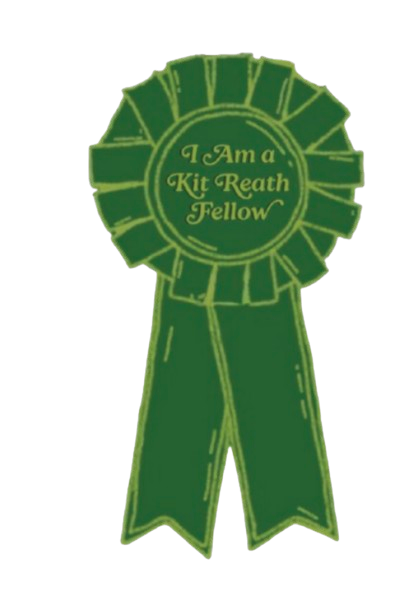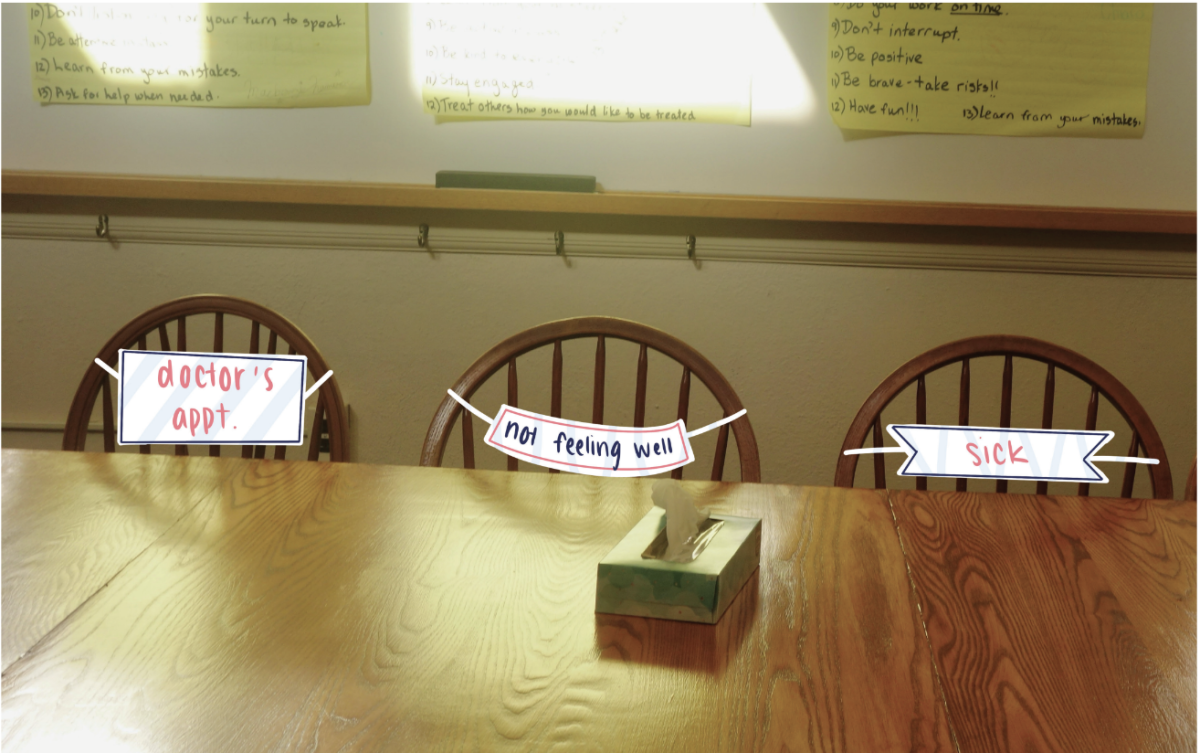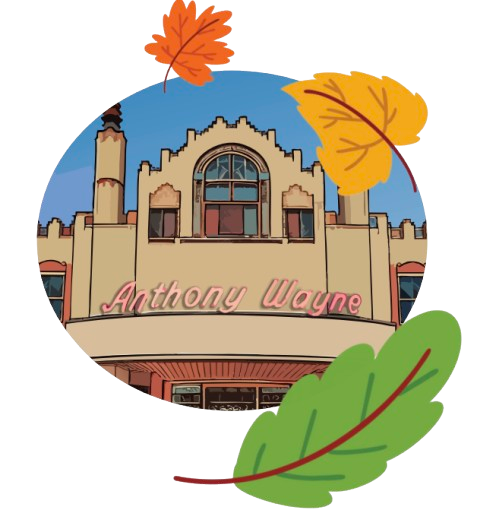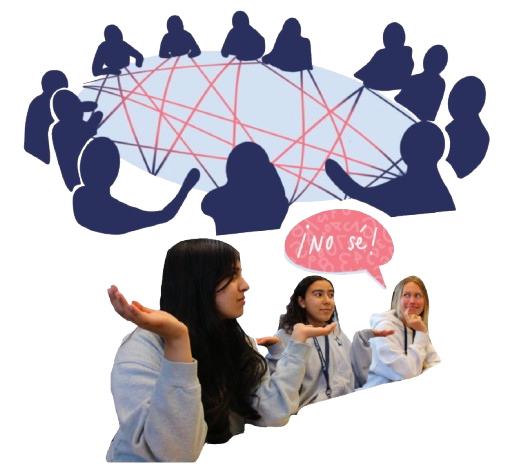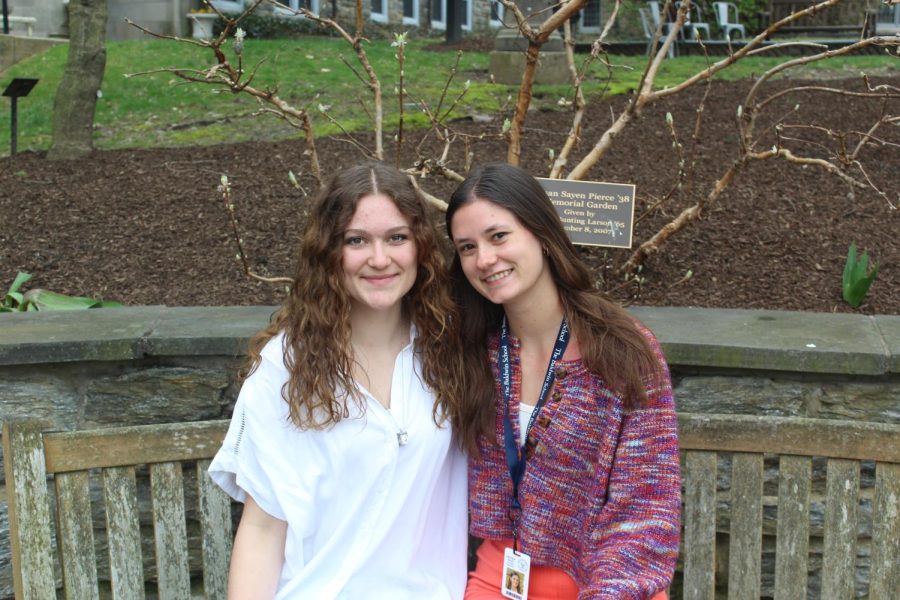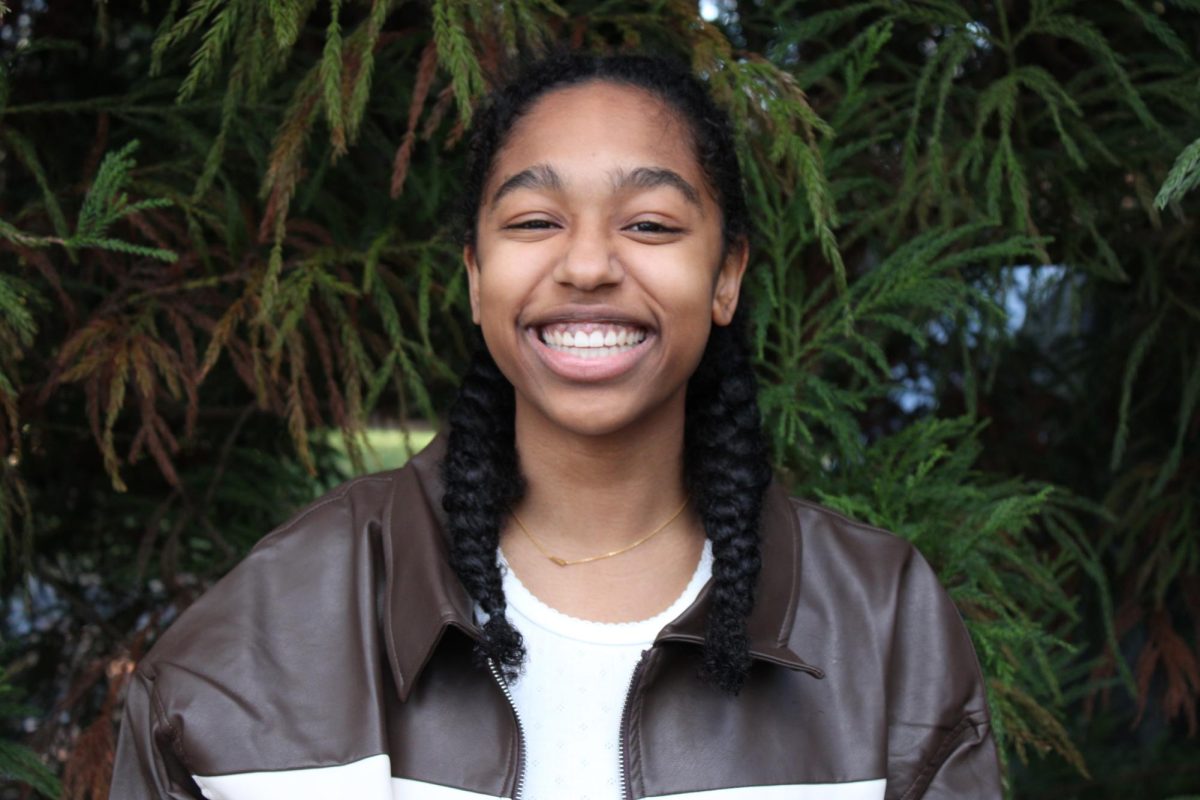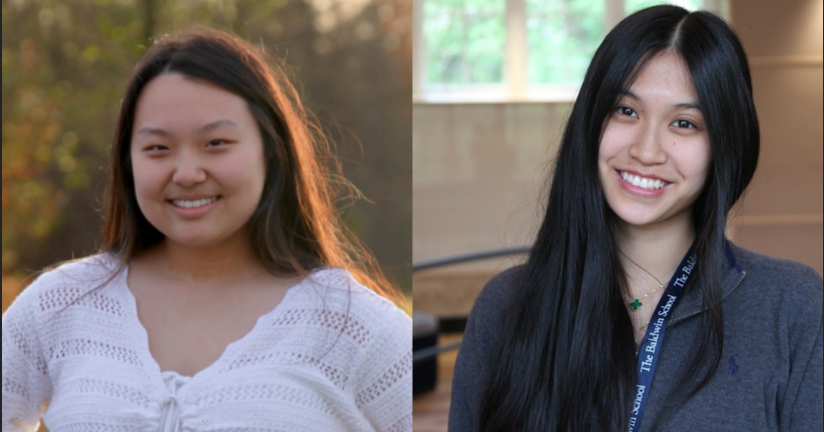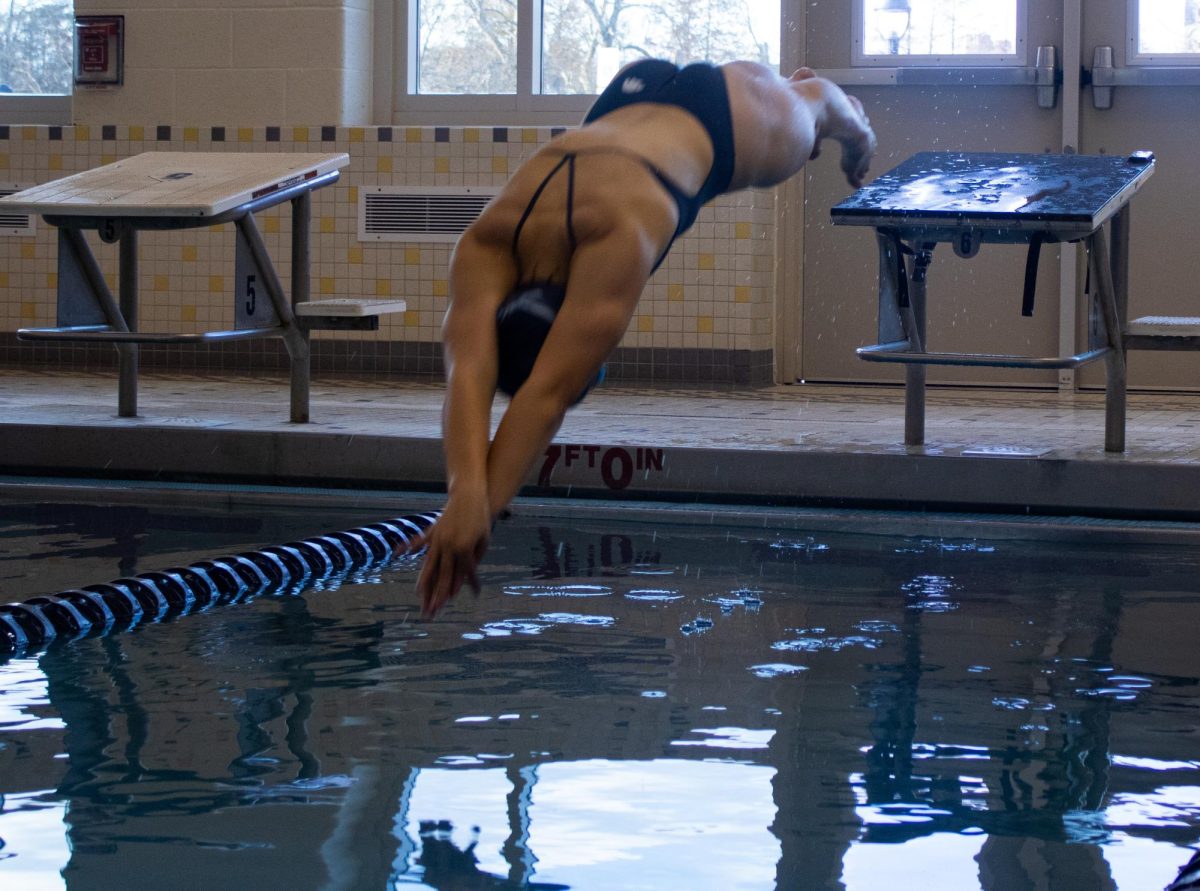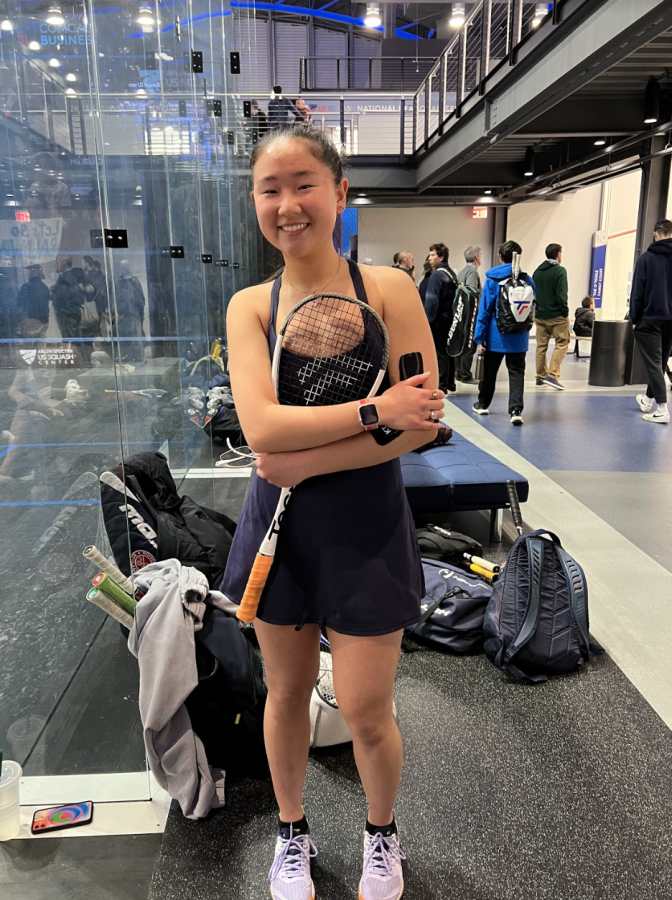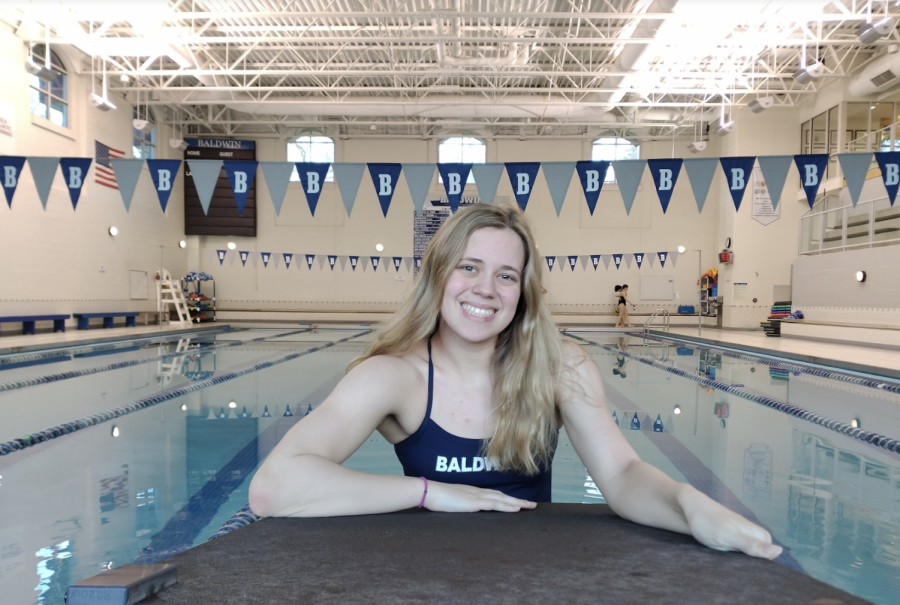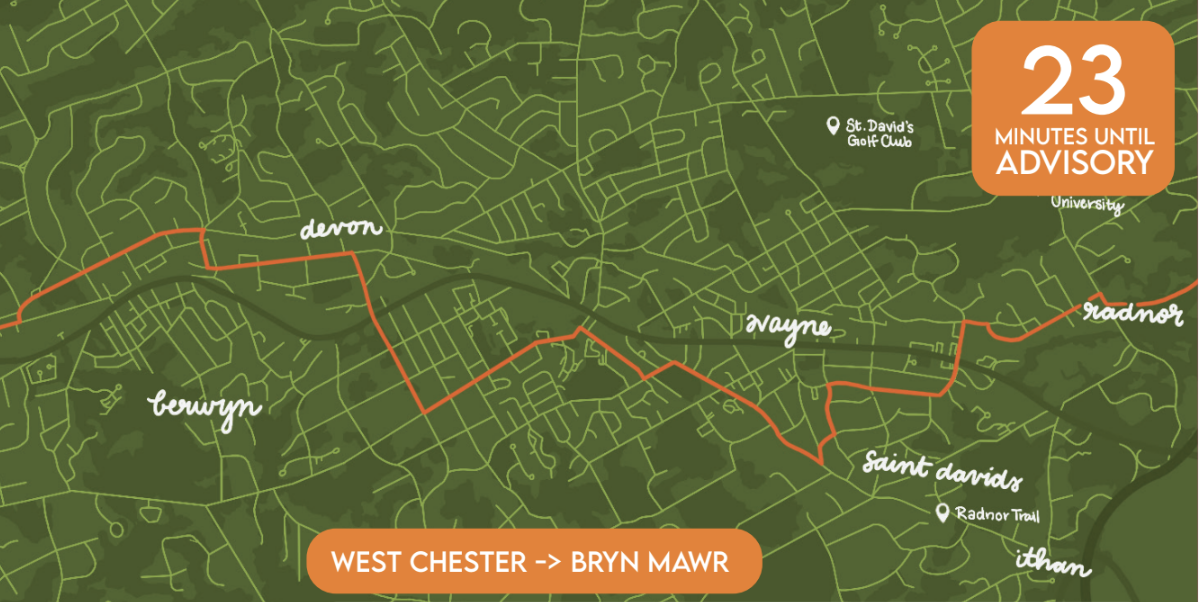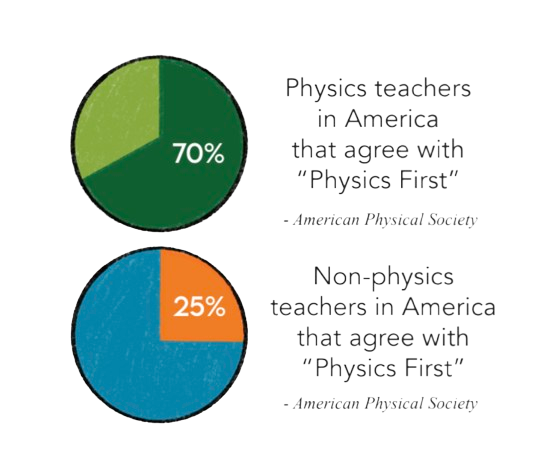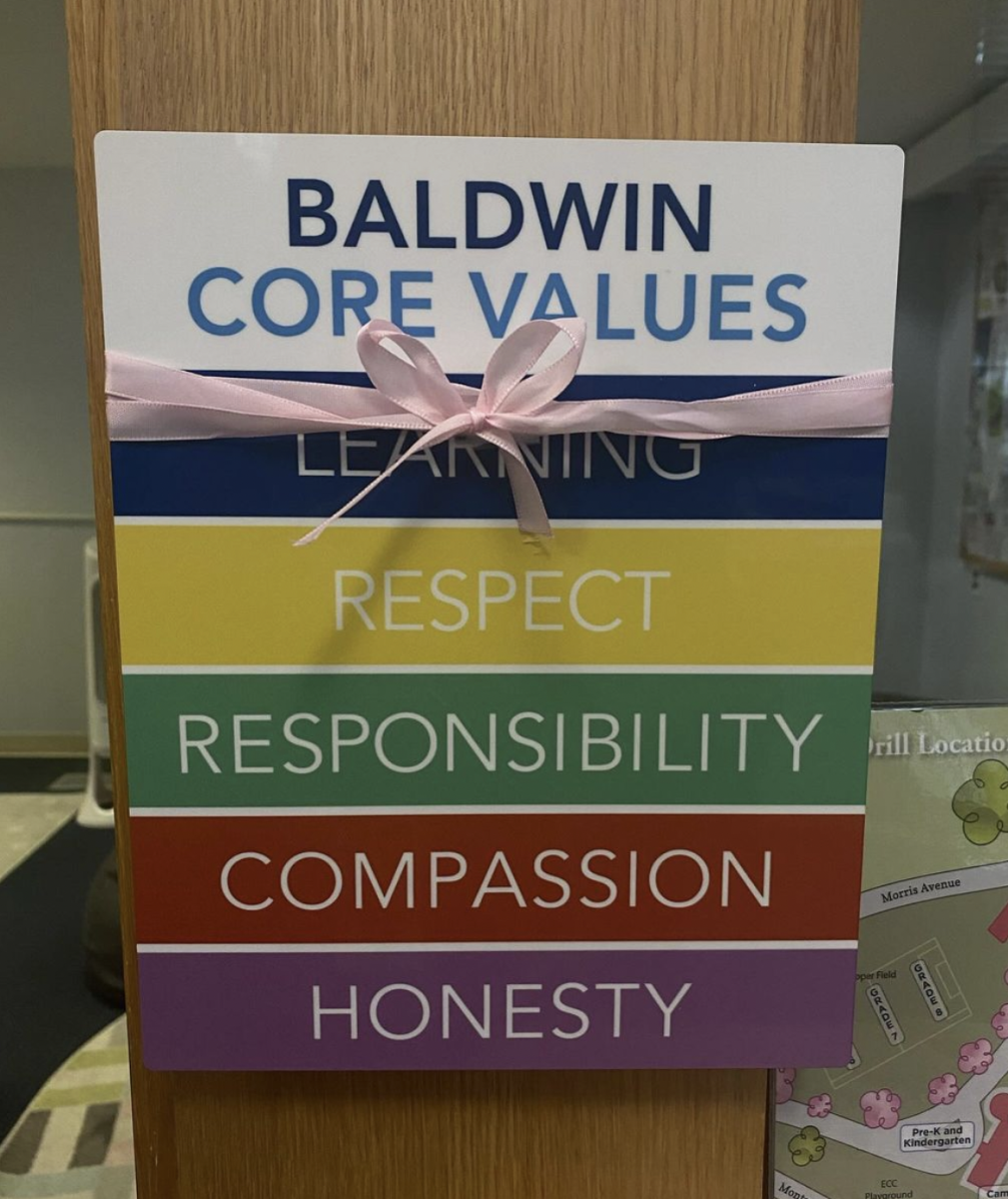As the 2024 presidential election approaches, politics have taken center stage as heated debates unfold across the country. At the Baldwin School, where students represent a diverse range of identities — from first-generation immigrants to members of the LGBTQ+ community — politics could be an especially sensitive topic. But is there still room for these conversations on campus?
Caroline Ma ‘27 said political discussions should stay out of school, acknowledging that varying opinions could cause conflict. She said these conversations encourage students to discuss topics they don’t know that much about.
Indeed, many educators ban these topics from the classroom for this reason. TikTok has become a de facto news source for many young people, with the average user spending over five hours a week on the app, according to Statista. As a result, distinguishing between real and fake news has become more challenging than ever, leading to a rise in students’ misinformed perspectives.
Laura Messamore ‘26, on the other hand, said that politics should be talked about in school.
“Just talking about [politics] expands our knowledge and gets us more incorporated into being an American citizen,” Messamore said. “I think it’s important to talk about how we as a country have progressed.”
Paula McAvoy, author of The Political Classroom, said in an interview with NPR that it is crucial to know how to talk about politics.
“It would be great if it were learned in school because these are great moments in which you bring a group of young people together who are forming their political views,” McAvoy said. “They can really learn to engage across their differences and to start to see that political conflict is a normal part of democratic life.”
In many ways, Baldwin is already upholding these values through the use of learning tools like the Harkness Table, which intentionally promotes democratic discussion and nurtures a passion for healthy debate.
Additionally, many classes adopt an open-forum, discussion-based style, reinforcing McAvoy’s standpoint through active engagement with tools like Socratic Seminars.
Claire Lu ‘26 said the student-teacher relationship may complicate this discussion. She said teachers should allow students to participate in political conversations without imposing their own views.
However, when teachers avoid taking a stance, their neutrality can convey a message in and of itself.
“Neutrality is itself a political choice…and is one that bolsters the status quo. What results is a classroom that potentially ignores the fears, interests, and concerns of many students,” Alyssa Hadlet Dunn, Assistant Professor of Teacher Education at Michigan State University, said in an article by the National Education Association.
Sophia Chen ‘26, a student in Dr. Athan Biss’s U.S. Government and Politics class, said the course is objective.
“The class is about how the government and politics work in the system of the United States. It’s not necessarily about personal opinions, but a general understanding,” she said. “I think it’s good to have discussions about why we have this system, not your views. There is a fine line between the two.”
Whether political discussions should enter the educational sphere of young people today is a question many institutions across the United States regularly debate. However, despite the polarizing nature of politics, students and teachers can agree on the importance of fostering healthy democratic engagement and the skills to facilitate disagreement without conflict.

